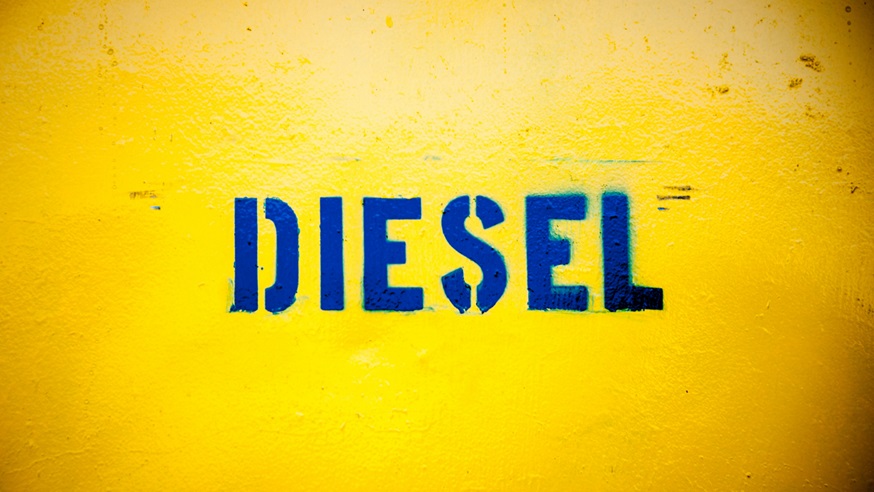Diesel fumes have been shown to cause lung damage, and it’s an important issue that we should all be aware of. Recent studies have shown that even short-term exposure to diesel fumes can be harmful, and over time, the effects can be devastating. In this post, we will discuss the dangers of diesel fumes and how they damage our lungs. We will also talk about how you can protect yourself from these harmful pollutants.
How Diesel Fumes Damage Our Lungs?
Diesel fumes are made up of a number of harmful pollutants, including particulate matter, nitrogen oxides, and sulfur dioxide. These pollutants are all highly toxic and can cause a range of health problems, from respiratory tract infections to cancer. Particulate matter is the main pollutant of concern when it comes to diesel fumes and lung damage. It is made up of tiny particles of soot, dust, and other solid particles that are suspended in the air. These particles are so small that they can easily be inhaled deeply into the lungs, where they can cause damage.
When the particulate matter is inhaled, it can cause a number of respiratory problems, including bronchitis, emphysema, and asthma. In addition, particulate matter has been linked to an increased risk of lung cancer. Nitrogen oxides and sulfur dioxide are also harmful pollutants found in diesel fumes. These gases can react with other substances in the air to form fine particulate matter, which can also damage the lungs. So, understanding what happens if you breathe in toxic fumes is crucial as it can lead to lifelong respiratory problems. Lastly, diesel fumes also contain a number of other harmful chemicals, including benzene and polycyclic aromatic hydrocarbons, which are known to be carcinogenic, and exposure to them can increase your risk of developing cancer.
How to Protect Yourself from Diesel Fumes?
Given the serious health risks posed by diesel fumes, it’s important to take steps to protect yourself from exposure. If you live in an area with high levels of traffic, make sure to keep your windows closed and use an air purifier to filter out the pollutants. If you must be outdoors for extended periods of time, wear a mask that filters out particulate matter. You should also avoid idling your car in traffic, as this increases your exposure to diesel fumes.
If your workplace involves exposure to diesel fumes, make sure to follow all safety guidelines and use the proper personal protective equipment like the fume filtration system. These systems can significantly reduce your exposure to diesel fumes and protect your lungs from damage. Remember, even short-term exposure to diesel fumes can be harmful, so it’s important to take precautions to protect yourself.
The Bottom Line
Now that you understand the dangers of diesel fumes and how they can damage your lungs, you can take steps to protect yourself. Your lungs are a vital organ, and it’s important to do everything you can to keep them healthy. So, if you’re exposed to diesel fumes, make sure to take all the necessary precautions to protect yourself.










